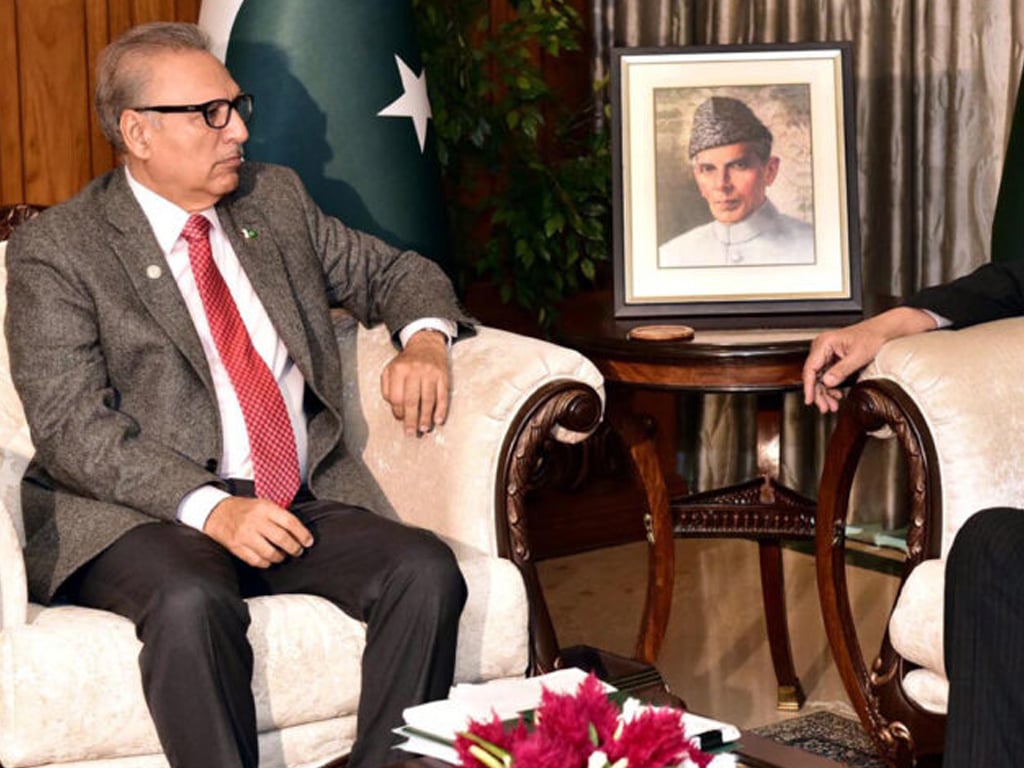By: Abdul Shakoor Shah
Worldwide, 58% school-age children from the richest families have internet access compared to only 16% from poorest families. Almost similar gape exists in income levels across the country. Less than 1 in 20 school-age children of low income countries have internet access compared to 9 in 10 from the higher income countries. Region wise school-age children 3-17 unconnected at home are: 95%-194 million in West and Central Africa, 88%-191 million in East and Southern Africa, 88% 449 million in South Asia, 75%-89 million in Middle East and North Africa, 49%-74 million in Latin America and the Caribbean, Eastern Europe and Central Asia 42%-36 million, East Asia and Pacific 32%-183 million and Globally 67%-1.3 billion.
According to a joint report from UNICEF and the International Telecommunication Union (ITU) 88 % of South Asia’s school-age children do not have internet connection. There is a similar lack of access among young people aged 15-24 years, with 759 million or 63 % of young people unconnected at home.
Presently, Pakistan has the world’s second-highest number of out-of-school children (OOSC) with an estimated 22.8 million children aged 5-16 not attending school, representing 44% of the total population in this age group. In the 5-9 age group, 5 million children are not enrolled in schools and after primary-school age, the number of OOSC doubles, with 11.4 million adolescents between the ages of 10-14 not receiving formal education. differences based on gender, socio-economic status, and geography are significant; in Sindh, 52% of the poorest children (58 %girls) are out of school, in Balochistan, 78 % of girls are out of school. Nearly 10.7 million boys and 8.6 million girls are enrolled at the primary level and this drops to 3.6 million boys and 2.8 million girls at the lower secondary level.
It is a digital chasm which hinders them from competing in the modern economy. And in the event of school closures, such as those presently experienced by millions due to COVID-19, it causes them to lose out on education. Lack of internet access is costing the next generation their futures.
In Pakistan, around 40 million children are affected by COVID-19 school closures forcing students to rely on virtual learning. For those with no internet access, education can be out of reach. Even before the pandemic, a growing cohort of young people needed to learn foundational, transferable, digital, job-specific and entrepreneurial skills to compete in the 21st century economy.The digital divide is perpetuating inequalities that already divide countries and communities. Children and young people from the poorest households, rural and lower income states are falling even further behind their peers and are left with very little opportunity to ever catch up. UNICEF and ITU launched Giga, a global initiative to connect every school and its surrounding community to the Internet. Giga has now mapped over 800,000 schools in 30 countries. When we talk about AJK the situation is precarious.
AJK education school consists of 4202 government primary schools with 9589 available primary teachers and 43% children out of school with 35% dropout rate and teachers absent rate from school is 12%, language outcomes are very poor with wide regional disparities. 41% schools are without buildings 87 % without electricity, 73% are without availability of drinking water and 82% are without boundary walls. Pakistan has the lowest allocation for education in South Asia which is 2% of GDP. But expenditure on education in AJK makes a major portion (28.14%) of the total budget. However 99% of this money goes to pay and allowances and one per cent is left for the operational expenditures, the other hand share in developmental budget is only 09%. According to the Chief Economist of AJK, out of this developmental budget only 1.15% is contributed for primary education. Whereas percentage shares of other sectors middle, secondary, higher education are 09.25, 23.73, and 9.46 respectively. Since AJK is dependent on Pakistan in financial matters any increase and decrease in financial allocation have direct bearing on it. An enormous number of children in AJK do not continue school beyond the primary school level and it’s found that 35% dropout in primary level there.
If we look deep into the problem, the situation of education in far flung areas of AJK namely Neelum Valley is much worse and beyond imaginable consideration. The schools of the valley are at the mercy of politicized educationists who are running the footsteps of politicians or the local pseudo political lords. Education department of Neelum valley is the worst form of politicized maneuvering. The ghost schools and teachers are in abundance. The curse of Thaika System is prevailing in the region especially in Uper Neelum region. The DEOs, Secretaries of Education and even Minister of Education seem helpless in front of Educational Mafia in the Valley. The DEOs have been approached many times, but they say they are unable to tackle the politicized and ghost schools as well as teachers. The authorities are making lame excuses of inquiries and filing complaints to higher authorities. The future of our children is at stake due to this Mafia. Sabiha Bi Bi Junior teacher govt. Girls High School Sardari is absent from duty by deputing the son of In charge head master of the said school on 10 thousands per month. She is resting in the capital and enjoys the ghost pay allocated to her by dint of her political influence and corrupt practices of the in charge headmaster Mr. Khateeb Muhammad Mushtaq. Another ghost teacher Samra Bi Bi of the same school is also resting in the capital after utilizing her political influence in getting on duty. Sobia Bi Bi is also enjoying undue and ghost pay for more than two years. She is also resting at home in the capital. Another teacher of Halmat, Mr.Gulam Muhammad has deputed his daughter for merely 4000 as substitute of Sobia Bi Bi. There are dozens of other ghost teachers in the valley who are enjoying salaries at home with the involvement of the education department and political influence. It is shameful to protest for pay incense while education is entirely ignored. The public is paying these educational Draculas through their taxes but there is no authority to challenge their monopoly and implement rules and regulations.
The writer is Prof. in English and freelance columnist, based in Lahore, Pakistan. He can be reached at [email protected]








